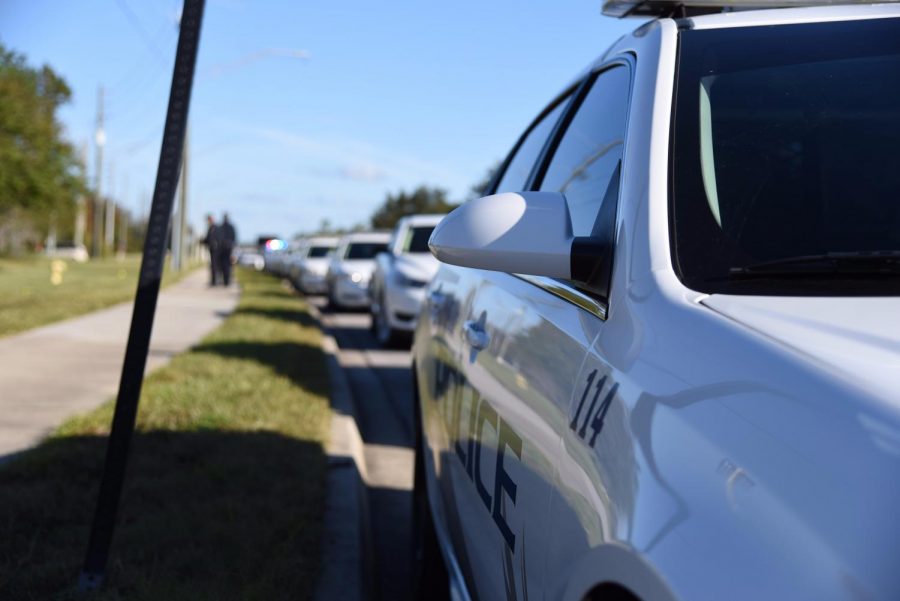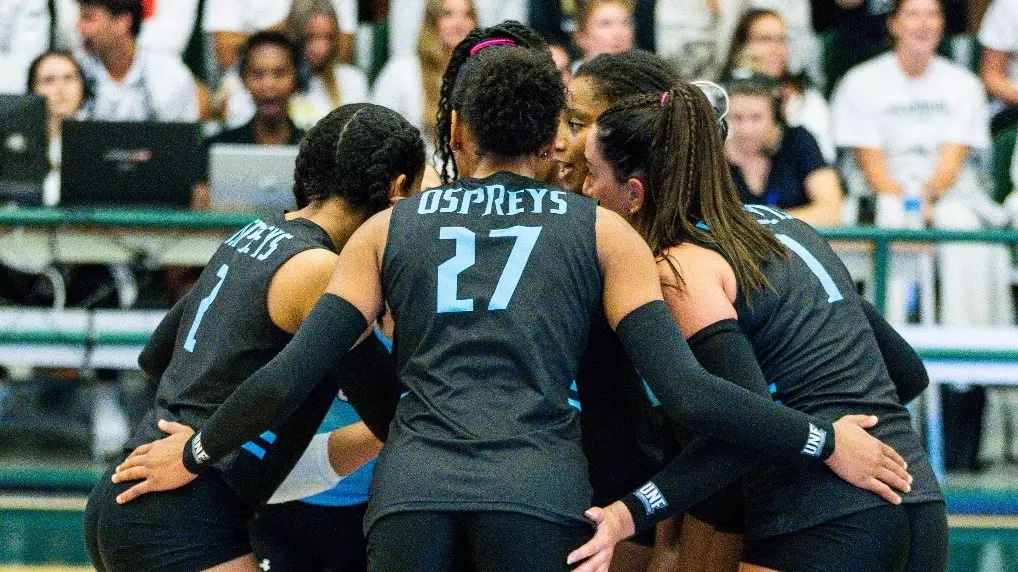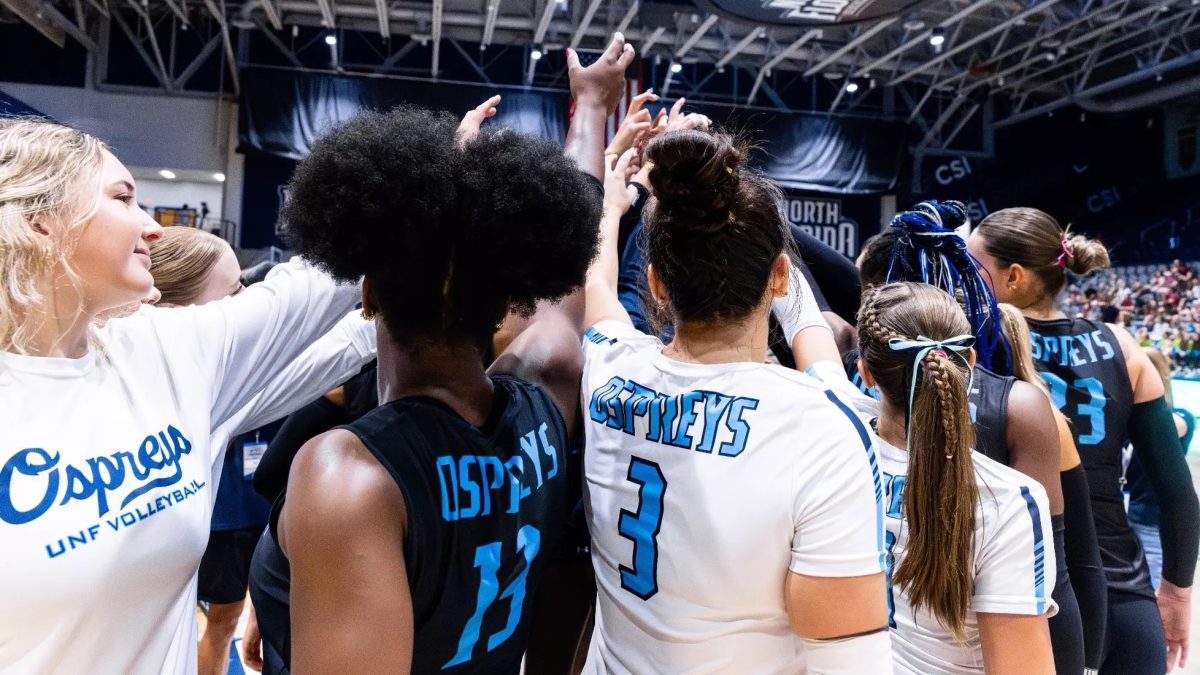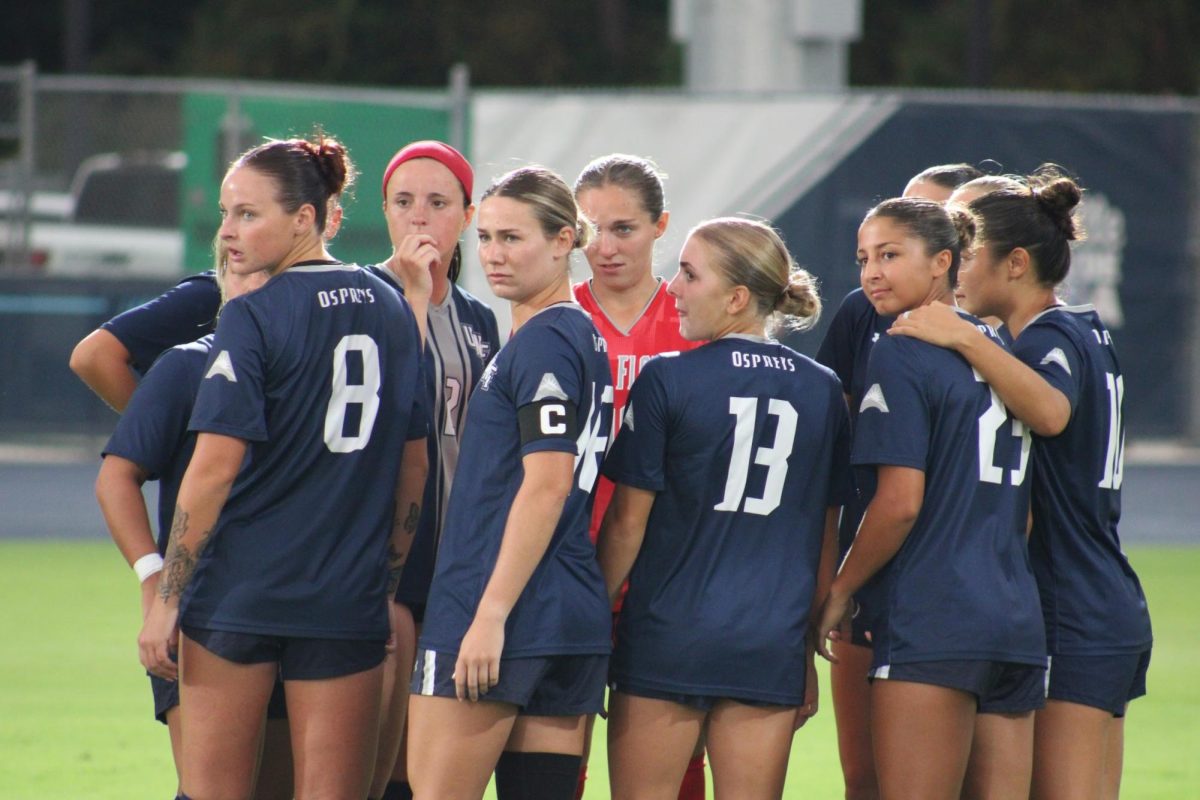Alcohol abuse is a significant detriment to many a party-going college students’ health, but experts argue the high drinking age is part of the problem, not the solution.
72 percent of U.S. adults aged 18-34 drink alcohol, according to a Gallup poll conducted July 2010. Overall, 67 percent of adults drink alcohol, which is the highest percentage since 1985.
The popularity of alcohol consumption may potentially lead to dangers such as traffic accidents, violent behavior or alcohol poisoning. According to the World Health Organization, 2.5 million people die from alcohol every year. The organization released that information on the February 2011 alcohol fact sheet.
The organization also claimed alcohol is the leading risk factor for disease on the American continents.
College students across the country have been arrested, or worse, died from alcohol abuse. In August 2011, at the University of Central Florida, one student was found unresponsive in her on-campus apartment several hours after she attended a fraternity party. Numerous news sources reported there was alcohol present at the party.
Dr. David Hanson, a sociology professor emeritus at the State University of New York at Potsdam, said the fundamental cause of alcohol abuse is the lack of proper education.
Hanson said a solution to alcohol abuse is the implementation of a “drinking learner’s permit” to adults aged 18 and older. An applicant would have to take an alcohol education course and have no prior arrests for alcohol related incidents in order to qualify. He said it would operate just like a driver’s permit; a person would adhere to certain alcohol restrictions until they could show adequate drinking responsibility.
As for choosing age 18 as opposed to 21, Hanson said it is less arbitrary because people are considered adults at age 18.
“At 18, you can vote, join the Army, serve on juries and do just about anything any adult can do,” Hanson said.
Dr. David Jaffee, a UNF sociology professor, said the principle issue of the legal drinking age controversy is defining “adulthood.” Jaffee said he agrees 21 is a hypocritical and inconsistent age for drinking because most adult rights are given at age 18, thus he also supports lowering the drinking age to 18.
Mothers Against Drunk Driving, or MADD, has supported the legal drinking age of 21 since the enactment of the Uniform Drinking Age Act in 1984, according to its website.
Yolanda Larson, executive director of MADD Central Florida, said underage drunk drivers were in twice as many traffic accidents before the act as opposed to now. She said enforcing the legal drinking age of 21 reduces traffic crashes, protects young people’s maturing brains and keeps young people safer overall.
Jaffee said critics of a lower drinking age use statistical evidence from the past.
“I don’t think the people who make that argument take into consideration the social context of drinking has changed since 1984,” Jaffee said.
Hanson said raising the U.S. legal drinking age to 21 caused drinking to go underground, which means society no longer controls drinking norms. He said people would drink more alcohol whenever they could because the restriction limited their opportunities to drink.
“By driving drinking underground, we really created the problem of binge drinking,” Hanson said.
Drinking publicly might foster more responsible consumers of alcohol, Jaffee said.
“The social context by which students are drinking illegally contributes to a certain style of drinking,” Jaffee said, “which might not be the case if the students were drinking in a public environment.”
Several UNF students have opposing viewpoints.
Brittany O’Neal, a UNF communication sophomore, said the drinking age should stay at 21 to let people’s brains fully develop.
John Gans, a UNF civil engineering junior, said moderate alcohol consumption should be an additional responsibility when a person turns 18.
Kaela Robertson, a UNF psychology sophomore, said the drinking age should be raised to 25 so people can become mature and have good judgment before they start drinking.
Hanson said making alcohol appear dangerous is deadlier than the alcohol itself.
“The exaggeration of alcohol abuse tends to create a self-fulfilling prophesy. The more young people believe heavy drinking occurs, the more heavily they tend to drink in order to conform,” according to Hanson’s website titled Alcohol Problems and Solutions.
Hanson said young drinkers in European countries such as Italy follow moderate alcohol consumption. He said education in the U.S. could lead to similar societal norms, which would then lead to less alcohol abuse.
“Where is the evidence that when young people drink alcohol in moderation, there’s any harm?” Hanson said.















